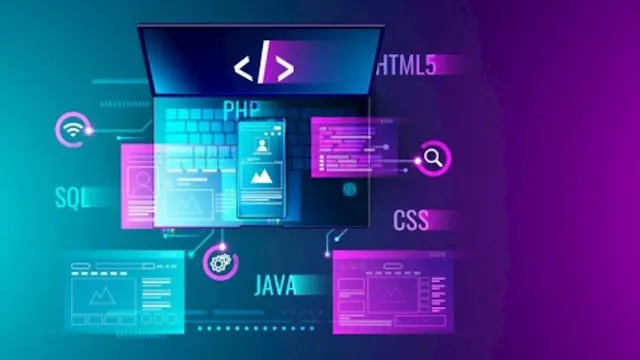
JAVA Programming Fundamentals – Course Curriculum
Java Overview
Syntax and Types
Classes and Objects
Working with Methods
Class Inheritance
Abstract Classes, Class Side Behaviour and Final
Java Interfaces and Enumerations
Packages
Java 9+ Modules
Arrays
Java Generics
Collections Classes
Java 9+ Immutable Collections
Error and Exception Handling
Nested / Inner Classes
Java Functions
Java Optional Type
Java 9 Streams
Files, Paths and IO Streams
By the end of this course, you will have:
Everyone
Passion to learn and succeed!
Career Growth
Move forward in your profession with skills that open real job opportunities.
Personal Mastery
Build confidence and habits that improve both your life and mindset.
Efficiency
Learn faster with concise modules and hands-on application.
Global Connections
Join an international community to learn, share, and grow together.
Recognised Certificate
Get a professional certificate that validates your efforts and skills.
Flexibility
Study at your own pace, anytime, anywhere.
Our courses combine expert-led content, real-world practice, and efficiency-driven design so you learn quickly and retain more.
Yes! Each course ends with a professional certificate you can use for your CV or LinkedIn.
That depends on your pace—our courses are flexible. With just a few hours per week you can make steady progress.
Absolutely. You can learn on desktop, tablet, or mobile—wherever and whenever suits you best.
Yes, BrainLearn includes mentorship and a global community where you can ask questions and exchange ideas.
No worries: since the path is self-paced, you can catch up on your own schedule without any penalties.
Explore the course descriptions, check the learning outcomes, or reach out to us—you’ll also find popular courses highlighted to help you choose.
17,00 €
17,00 €